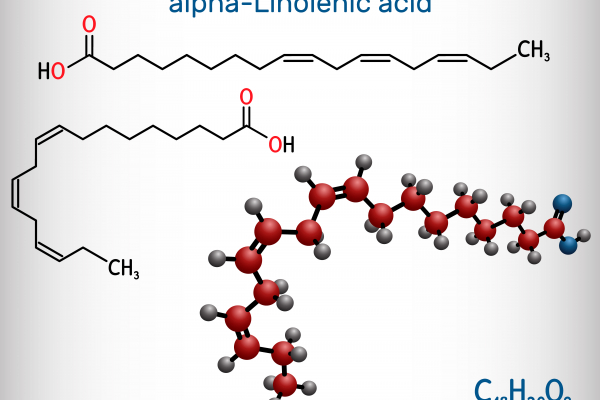
A researcher from the Universidad Internacional Iberoamericana (International Iberoamerican University, UNIB), Dr. Ramón Pali, is collaborating in a study that evaluates the anti-inflammatory, antioxidant, and immunomodulatory capacity of alpha-linolenic acid in various diseases.
Alpha-linolenic acid (ALA) is a long-chain polyunsaturated elemental fatty acid of the Ω3 series, which is present in vegetables, mainly in the fatty part of oilseeds, nuts, berries, and legumes. This fat is basic to human survival and is not synthesized in the body, so it must be obtained through diet or supplements.
Several studies have shown that ALA has diverse biological effects, playing an essential role in the prevention of various diseases such as cardiovascular pathologies, intervening in the formation of atherosclerotic plaques, and regulating blood pressure. Likewise, there are studies that associate ALA in the prevention of certain types of cancer, in the optimization of autoimmune diseases, etc.
Therefore, the aim of this research has been to review the various studies conducted on the anti-inflammatory, antioxidant, and immunomodulatory effects of ALA in various pathological or physiological situations to understand its possible role in the prevention of a severe inflammatory, pro-oxidant, and immune imbalance state, such as what happens with coronavirus disease (COVID-19).
Research results
The research demonstrated that ALA has positive effects in different pathophysiological conditions in the inflammatory state by negatively regulating the secretion and expression of several cytokines involved in the cytokine storm that also occurs during SARS-CoV-2 infection and in several chemokines; in oxidative stress by minimizing ROS levels in different pro-oxidant situations; in situations of immune response dysregulation, essentially when macrophages minimize cytokine secretion and increase macrophage polarization towards an anti-inflammatory M2 phenotype.
If you want to know more about this fascinating study, click here.
For further research, check the UNIB repository.